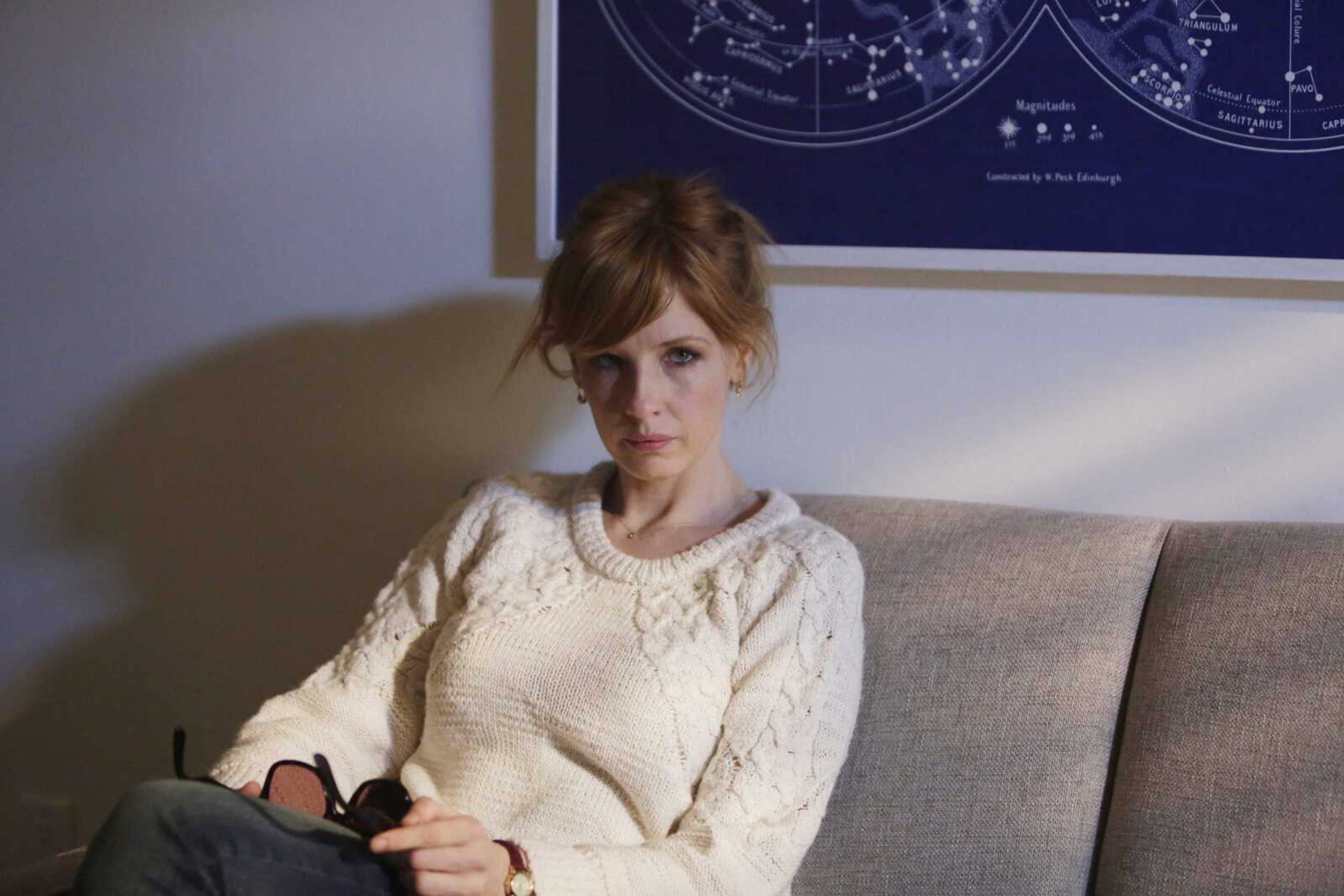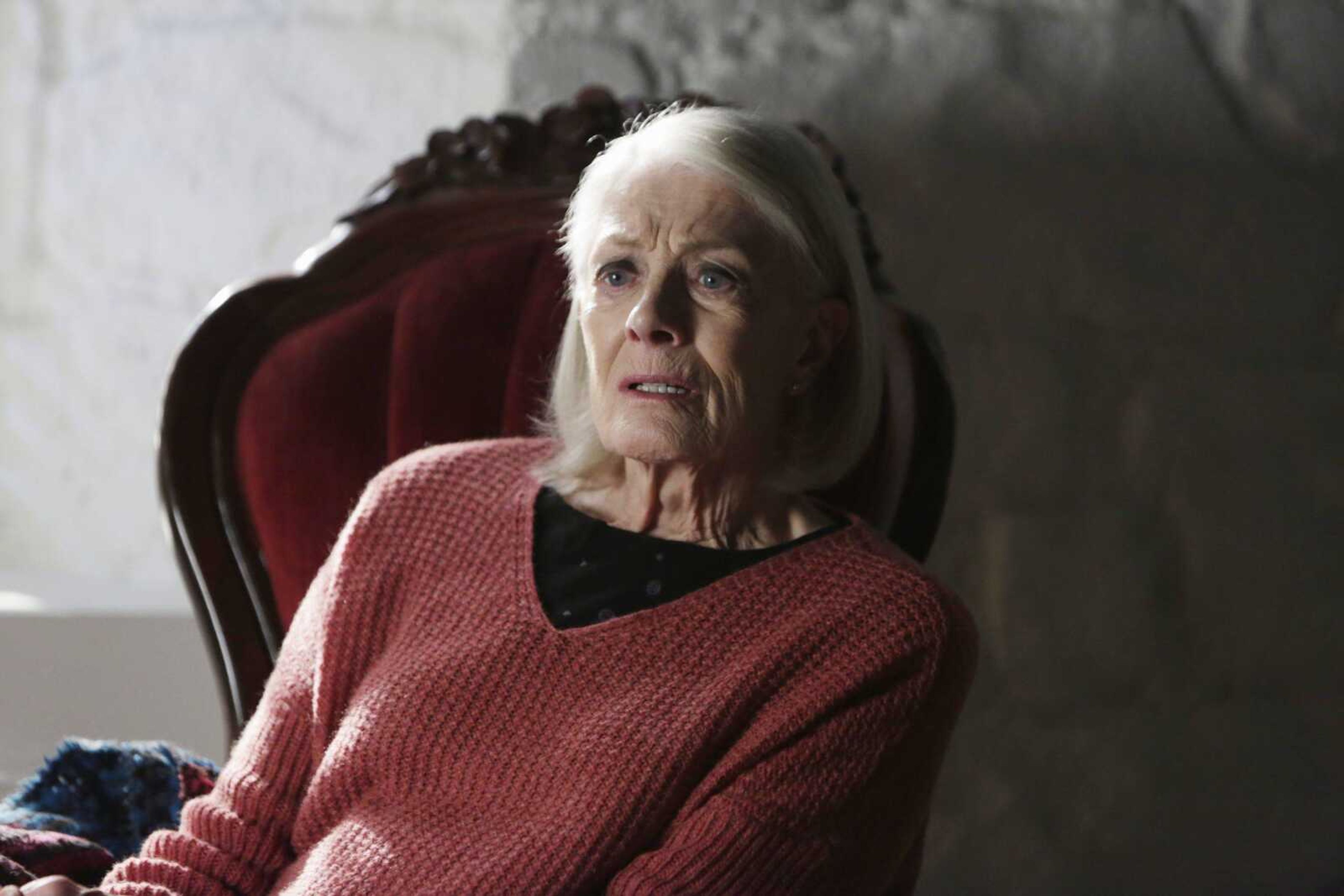A bipolar doctor probes the brain on ‘Black Box'
NEW YORK -- ABC's brainy new medical drama "Black Box" does a neat trick: It dares viewers to imagine for themselves the cost-benefit ratio of addiction, and does it without taking a firm stand. It does it in the person of top-of-her-field Dr. Catherine Black, known as "the Marco Polo of the Brain," who helps patients navigate neurological disorders. She secretly wrestles with one of her own: She's bipolar...
NEW YORK -- ABC's brainy new medical drama "Black Box" does a neat trick: It dares viewers to imagine for themselves the cost-benefit ratio of addiction, and does it without taking a firm stand.
It does it in the person of top-of-her-field Dr. Catherine Black, known as "the Marco Polo of the Brain," who helps patients navigate neurological disorders. She secretly wrestles with one of her own: She's bipolar.
Meanwhile, she's addicted to the mind-expanding, sometimes rapturous but dangerous effects of skipping the meds that keep her "normalized," and letting her condition run full tilt.
"This show is not a generic examination of bipolarity -- not at all," said series star Kelly Reilly. "This is about one woman who is an addict to her disease. The disease is treatable. But it calls for a lifetime of commitment and rearranging medications to see what works and what doesn't work -- and fighting the battle of deciding whether or not you want to take them."
Premiering at 9 p.m. Thursday on ABC, "Black Box" pulls a 180 on the plague of addiction: Catherine Black must Just Say Yes to the drugs that will keep this wild child tamed. Yet sometimes she can't. Or won't.

She is played by the English-born Reilly, who co-starred with Denzel Washington in the film "Flight," appeared in the two "Sherlock Holmes" films starred by Robert Downey Jr., and starred in "Above Suspicion," a British TV crime drama.
The show also stars Terry Kinney as the NRTC chief of staff, Ditch Davey as a womanizing neurosurgeon on the team, David Ajala as Catherine's restaurateur boyfriend and Vanessa Redgrave as Catherine's shrink.
"This is not a life that's ever going to be straight and narrow for Catherine," Reilly said. "It's always going to be a bit wobbly: Is she gonna go off crazy again, or is she going to try to toe the line? She's a rule-breaker by nature who takes risks. But I think she longs for what normal might feel like."
The series was created by Amy Holden Jones, whose credits include the films "Mystic Pizza" and "Indecent Proposal."
And she comes to "Black Box" well prepared, having as a girl been "home-schooled in bipolar," as she puts it: Her father was a practicing physician until he was 70 despite being manic-depressive and suffering periodic breakdowns.
"There are highly functional bipolar people," Jones says, and the condition is more common than is generally suspected.
"You may think your only experience of it is on `Homeland,"' she says, referring to the Showtime thriller whose CIA heroine suffers notably from bipolar disorder. "But that's probably not the case." You may know someone who's bipolar and keeping it private, she says.
Jones agrees that "Black Box" isn't just a show about an illness.
"The series has an addiction metaphor," she says. "And the high does provide a gift."
"It's an incomparable asset," says her fellow executive producer, Ilene Chaiken ("The L Word"). "It makes Catherine the great doctor she is. But that doesn't mean the condition isn't also tragic and painful."
In the pilot, Catherine travels from New York to address a medical group -- a barnburner of a speech she writes and delivers while strategically skipping her meds. Still tripping afterward, she takes her chauffeur back to the hotel to play, then hallucinates flying over San Francisco through a Van Gogh-worthy starry night.
This sort of thing poses serious risks for a woman in a high-level job and a committed relationship.
And while she struggles with her personal tug of war, Catherine is up to her ears in patients beset by a wild range of complaints (all of them documented cases, according to the show). One sufferer peers in the mirror and sees a walking corpse. Another, who is legally blind, hallucinates visions in dazzling color. Another has a best friend and relied-upon companion who doesn't exist.
These are all confounding manifestations of the human brain which, according to "Black Box" gospel, dwarfs even the far reaches of the universe in its vast complexity and presents this tantalizing paradox: Here is a thinking machine too complicated to be understood, even by itself.
What, then, is "normal" operation for the brain? In her manic state, Catherine insists that medication dooms you to mediocrity.
Her psychiatrist disagrees, arguing that Catherine's meds protect her from mood swings that could lead to self-destruction or even suicide: "It allows you to live long enough to do your best work."
Fine. But would you, the viewer, be able to resist the lure of transcendence that Catherine routinely falls prey to?
"This," says Reilly, "is what I hope will be the conversation viewers have."
------
EDITOR'S NOTE -- Frazier Moore is a national television columnist for The Associated Press. He can be reached at fmoore@ap.org and at http://www.twitter.com/tvfrazier . Past stories available at http://bigstory.ap.org/content/frazier-moore
Connect with the Southeast Missourian Newsroom:
For corrections to this story or other insights for the editor, click here. To submit a letter to the editor, click here. To learn about the Southeast Missourian’s AI Policy, click here.










